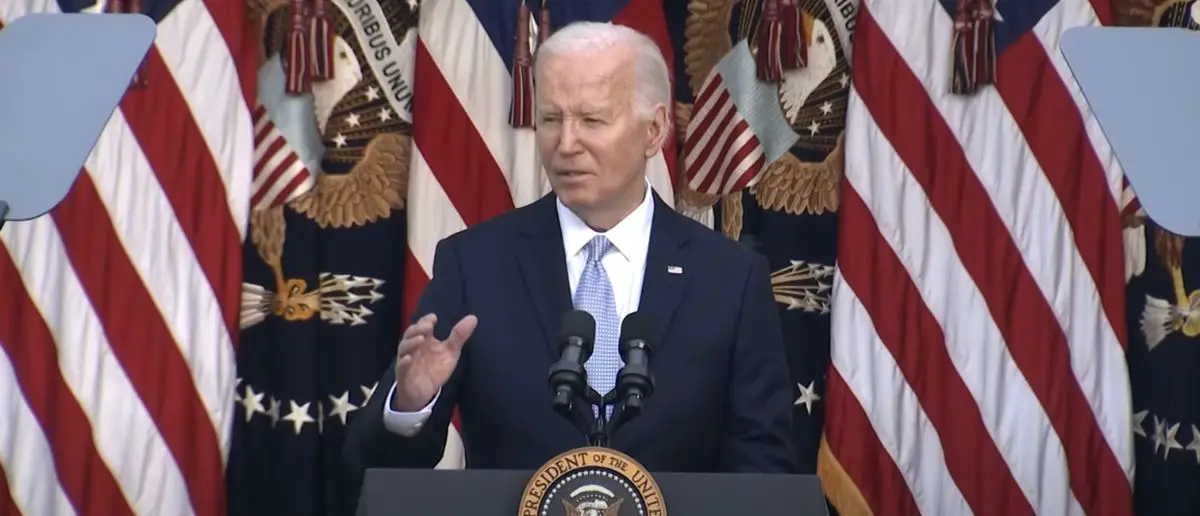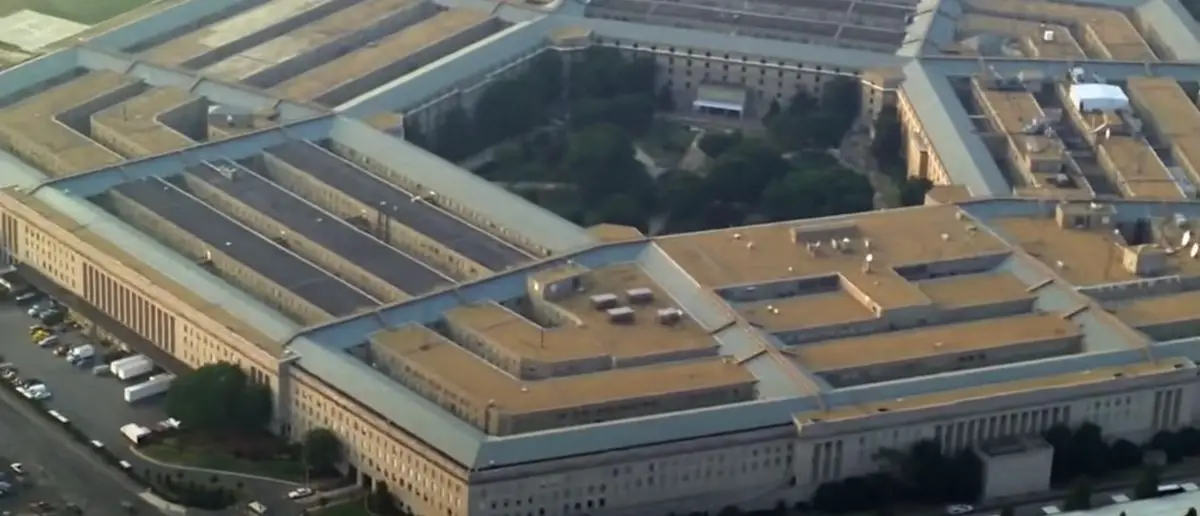
The United States military should be the most feared fighting force in the world. But the only people afraid are our own citizens.
Because this critical failure from the Pentagon put all Americans at risk.
The Pentagon has once again flunked its annual audit, marking the seventh consecutive year the Department of Defense has failed to account for its staggering $824 billion budget.
Despite repeated promises of improvement, the nation’s largest government agency remains unable to provide transparency over how taxpayer dollars are spent.
The audit resulted in a “disclaimer of opinion,” meaning auditors were unable to verify the financial statements due to a lack of sufficient information.
This glaring failure underscores the Pentagon’s ongoing inability to meet the basic standard of accountability that every American household is expected to follow.
While Michael McCord, the Pentagon’s under secretary of Defense comptroller and chief financial officer, tried to spin the results as progress, the facts suggest otherwise.
“Momentum is on our side,” McCord claimed, adding that the department is committed to achieving a clean audit by 2028.
But such reassurances ring hollow given the Pentagon’s track record. Since becoming legally required to conduct audits in 2018, the department has yet to pass a single one.
Of the 28 Pentagon entities reviewed this year, only nine earned clean audit opinions, while 15 failed outright and three results remain pending.
The remaining entities fell somewhere in between, receiving “qualified opinions” that indicate only partial reliability.
McCord insisted the department has “turned a corner,” but the numbers tell a story of dysfunction rather than progress.
A fundamental issue remains the Pentagon’s inability to track the overwhelming complexity of its financial systems — a staggering oversight for an organization entrusted with nearly a trillion dollars annually.
Critics argue that if the department can’t even balance its books, it raises serious questions about waste, fraud, and abuse within its operations.
At a Friday briefing, McCord tried to downplay the situation, refusing to call the audit results a failure. “We have about half clean opinions. We have half that are not clean opinions,” he said.
“I don’t know that you call the student or the report card a failure.” Yet for an agency managing taxpayer funds on such an immense scale, anything less than full accountability is a failure.
The Pentagon continues to hide behind promises of future progress, aiming for a clean audit by 2028 as mandated by the 2024 National Defense Authorization Act.
Even McCord admitted that achieving this goal will require “enormous progress,” a stark acknowledgment of the department’s current shortcomings.
While some agencies performed better — such as the Defense Commissary Agency and the Defense Health Agency, which earned clean audits — the vast majority fell short.
Even where improvements were made, such as resolving material weaknesses in Treasury Department funding balances, the progress feels incremental compared to the systemic issues plaguing the department.
Critics argue that these repeated failures point to a broader culture of unaccountability within the Pentagon.
For an agency tasked with defending the nation, its inability to manage its finances undermines public trust and raises red flags about where taxpayer dollars are truly going.
McCord touted improvements, claiming the department has increased the percentage of funding free of material weaknesses from 7% in 2021 to 82% today.
But even that progress highlights how shockingly low the bar was to begin with.
The Pentagon’s inability to account for its massive budget is more than an administrative failure — it’s a betrayal of the public’s trust.
With seven failed audits in a row, critics are left wondering whether the department will ever prioritize transparency or if promises of a clean audit by 2028 are just another delay tactic in a long line of excuses.
Stay tuned to the DC Daily Journal.





